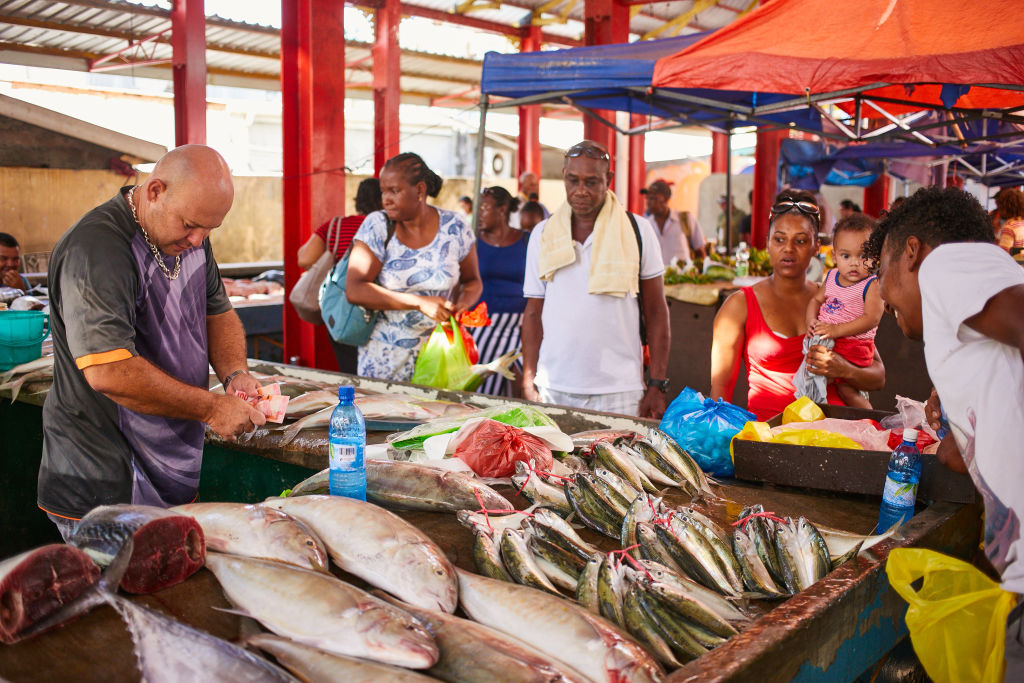ADF STAFF
African nations lose an estimated $10 billion annually to illegal fishing, which also drives food insecurity across the continent.
To combat the issue, maritime security experts have long called for greater transparency in fisheries management. A new collaboration between the Sustainable Fisheries Partnership (SFP) and the United Nations Food and Agriculture Organization (FAO) aims to enhance transparency by establishing unique, standardized IDs for fisheries in Africa and around the globe.
The universal ID codes will be available through FishSource, an online resource established by SFP that offers profiles on thousands of fisheries worldwide. Information gleaned from the codes will be available to the public, which can provide small-scale fishermen with information when consulted about fisheries policies. It can also be used to help nations gauge the sustainability of their fisheries.
“The FAO’s new IDs will fundamentally transform the entire seafood supply chain and change the seafood industry forever,” SFP Global Policy Director Braddock Spear said in a SeafoodSource report. “Information will flow more freely across the industry, transparency of sourcing will be strengthened, government data collection systems will be improved, and small-scale fisheries will get an identity on equal footing to large industrial fisheries.”
The IDs also will help fisheries track vessel flags, determine what kind of gear is used and determine the sustainability of their fish stocks.
Tracking vessel flags is important, as foreign trawlers commonly “flag in” to African nations, meaning that they use and abuse local rules to flag a foreign-owned and operated fishing vessel into an African registry and fish in local waters. The registries are online, and there is little oversight of them.
Foreign vessels also commonly use illegal gear that scoops up indiscriminate amounts of marine life and decimates ecosystems.
Spear told ADF that the codes are being tested and should be available for widespread use in the next six months or so. The effectiveness of the codes will require the participation of industrial and small-scale fishermen, which Spear said could be enforced by government mandates.
Using the codes “could be as simple as an app on a phone,” Spear told ADF. “It will be able to track a vessel’s location. When they land their catch at port, that information about the [vessel] will follow the vessel wherever it goes.”
Ian Ralby, an attorney and maritime security expert who has written extensively about fishing issues in Africa, told ADF in an email that the new codes might be useful in combatting illegal fishing.
“The idea is that [the codes] would put pressure on only including legal fishing and help to exclude illegal fishing from the global supply [while limiting] opportunities to inject illegally caught fish into the global marketplace,” said Ralby, who is CEO of I.R. Consilium.
Illegal fishing also is linked to other sea crimes, such as piracy, human trafficking and drug smuggling.
Although Ralby believes that universal IDs can increase fisheries’ transparency, he worries that some African nations might not have the institutional capacity to use the data properly.
“That’s where a lot of the challenges are going to be is making sure there’s no opportunity for any kind of interference that would actually diminish the transparency that this kind of program would offer, either through corrupt practices or inadequate institutional expertise and competence and capacity,” Ralby said.

